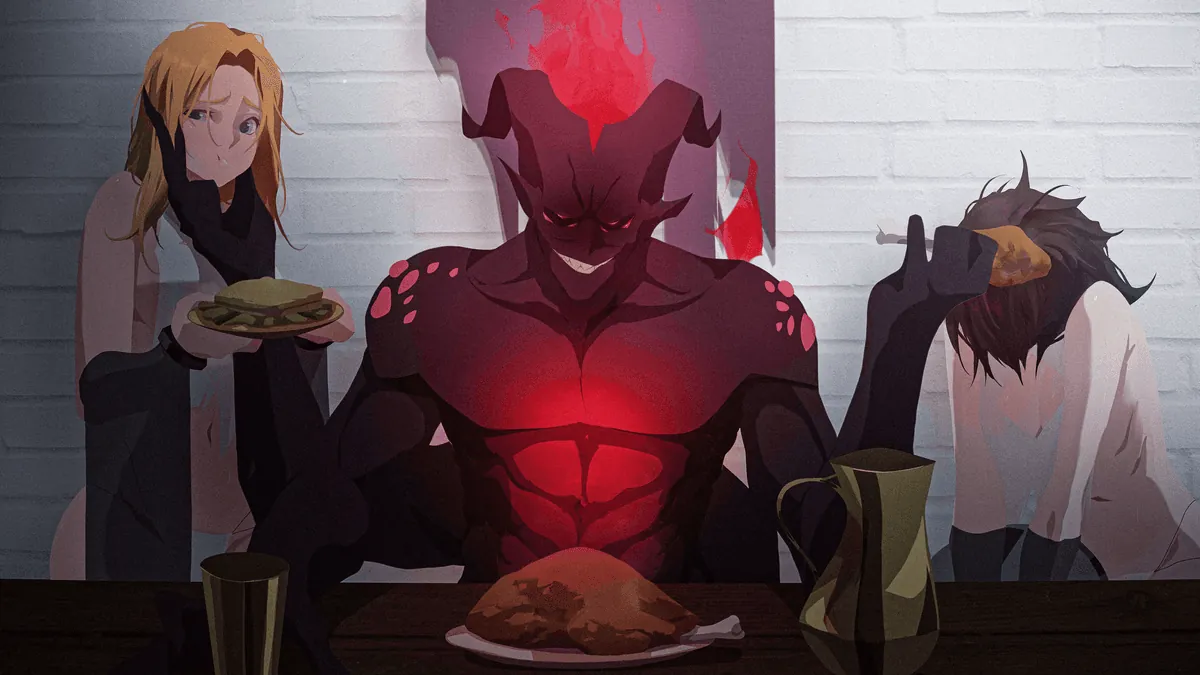
Play Adverse Effects
Adverse Effects review
Exploring the Hidden Dangers in Digital Entertainment
The world of digital entertainment often presents us with intriguing yet potentially hazardous experiences. The ‘Adverse Effects’ Porn game, while not widely discussed, raises important questions about the impact of such content on users. This article delves into the potential risks and consequences of engaging with this type of digital media, exploring how it might shape perceptions and behaviors.
Understanding the Game’s Influence
What is the ‘Adverse Effects’ Porn Game?
Picture this: You’re scrolling through gaming forums when a flashy ad pops up promising “realistic adult adventures.” 😮 That’s how many discover ‘Adverse Effects’—a visual novel-style game blending explicit content with psychological storytelling. Unlike mainstream games, it dives into dark themes like manipulation and coercion disguised as “romantic conquests.” Players make choices that unlock increasingly extreme scenarios, normalizing toxic dynamics as “game mechanics.”
As someone who’s researched digital entertainment risks, I’ve seen how these games hook users. They start with mild content but use reward loops (like unlocking scenes) to keep players engaged. One friend confessed: “I told myself it was just pixels… until I caught myself justifying unhealthy power dynamics I saw in the game.” 😬 This blurring of fiction and reality is where porn game effects creep in—turning fantasy into a distorted blueprint for real-life interactions.
🚨 Key Insight: Games like this exploit psychological triggers similar to gambling apps, making disengagement harder over time.
| Game Feature | Disguised Risk |
|---|---|
| “Relationship Building” Mechanics | Teaches transactional intimacy |
| Consequence-Free Choices | Reinforces harmful behavior patterns |
| Unlockable Explicit Content | Triggers compulsive engagement |
How Does It Affect User Perceptions?
Let’s talk about Mark (name changed)—a 24-year-old who played ‘Adverse Effects’ daily for months. He initially laughed off the game’s scenarios, but slowly started comparing real dates to “inefficient gameplay.” 😳 His perception of relationships shifted: He saw emotional intimacy as “boring” and expected partners to mirror the game’s exaggerated submission tropes. This unhealthy expectation left him frustrated with real human complexity.
Research shows such games rewire social cognition. Players often:
– View consent as negotiable (like dialogue options)
– Mistake coercion for “persistence”
– Develop unrealistic benchmarks for physical intimacy
The most alarming porn game effects? Normalizing emotional detachment. When intimacy becomes a “level to beat,” empathy erodes. As one study participant admitted: “I stopped asking partners what they wanted—the game never required that.” 😶
✨ Action Tip: Audit your gaming habits! Ask: “Would I feel comfortable if someone treated my friend/loved one this way?”
Potential Behavioral Changes
Here’s the uncomfortable truth: behavioral changes in gamers aren’t always dramatic. They’re subtle—like Sam, who began mimicking in-game manipulation tactics during arguments. 🚩 She’d use guilt-tripping phrases verbatim from ‘Adverse Effects,’ then rationalize it as “being strategic.” Other shifts I’ve observed:
- Desensitization: Needing more extreme content for arousal
- Social withdrawal: Preferring game interactions over real dates
- Aggression spikes: When real people don’t comply with scripted expectations
These digital entertainment risks amplify when games lack content warnings. ‘Adverse Effects’ frames coercion as “romance,” teaching players to:
1. Ignore non-verbal cues
2. Equate persistence with affection
3. View relationships as zero-sum “wins”
A chilling real-life example: Jake started gaslighting his partner after repeatedly playing a scenario where the game rewarded him for denying a character’s feelings. His justification? “It worked in the game—why not here?” 😰
🌟 Fix This Now: After gaming, journal your emotions. If you feel contempt or impatience toward real people, it’s a red flag!
When Pixels Warp Reality: A Wake-Up Call
Emma (not her real name) thought ‘Adverse Effects’ was harmless escapism—until her therapist pointed out her new dating “checklist”: partners “had to” resemble the game’s hypersexualized, emotionally vacant characters. 😓 Her perception of relationships had narrowed to caricatures, dismissing anyone needing emotional reciprocity as “too needy.”
This behavioral change isn’t rare. Studies note increased objectification in frequent players, where real people become “quest targets.” The biggest digital entertainment risk? Games like this rarely show aftermath—no jealousy, STDs, or emotional fallout. Players absorb a consequence-free fantasy, then face real-world damage.
💡 Healing Step: Consume counter-content! Watch/read media celebrating healthy relationships (e.g., “Modern Love” stories). Rewire your brain consciously.
Navigating Forward
Recognizing these porn game effects is step one. Next:
– Set boundaries: Limit playtime & avoid sessions when emotionally vulnerable
– Seek diverse narratives: Balance with games emphasizing consent (e.g., ‘Dream Daddy’)
– Talk openly: Discuss digital entertainment risks with friends—isolation fuels normalization
Your mind isn’t a casino. Don’t let unhealthy expectations rig the game. 🎮💔
🌈 Remember: Real intimacy thrives in ambiguity, respect, and mutual growth—things no scripted game can capture.
In conclusion, while the ‘Adverse Effects’ Porn game may seem like an innocuous form of entertainment, it poses significant risks to users’ perceptions and behaviors. It’s crucial for consumers to be aware of these potential impacts and to consider the broader implications of engaging with such content. By understanding these risks, we can foster a healthier digital environment.





















